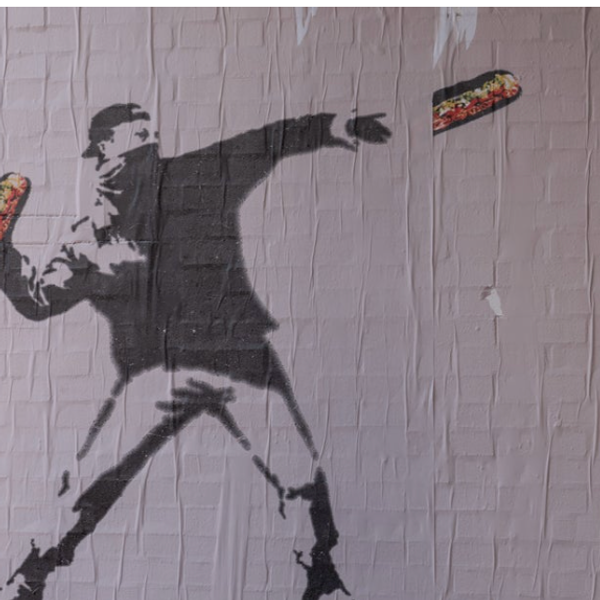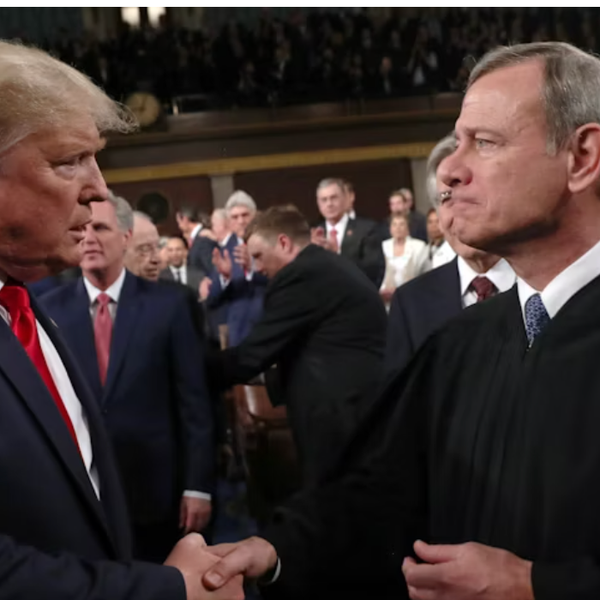WASHINGTON (AFP) – Presidents Barack Obama and Bashar Al-Assad will go head-to-head in dueling U.S. television interviews Monday, as a crucial week dawns for the U.S. leader’s push for air attacks on Syria.
Assad will reportedly deny that he used chemical weapons on civilians, as Obama makes a long-odds push to reverse his nation’s mood and win support for punishing the Damascus regime for flouting taboos on the use of such arms.
U.S. Secretary of State John Kerry toiled abroad to build diplomatic support, which appears solid in condemning Assad but is falling short of the kind of broad coalition for military action that Washington had hoped to build.
Assad, fighting a propaganda war as Washington agonizes over whether to attack, gave an interview to veteran CBS and PBS newsman Charlie Rose, which will begin airing at 6pm EST.
He will insist he was not behind the August 21 gas attack on a Damascus suburb and say he does not know if a U.S. attack would come.
Rose told CBS that Assad would say “there’s no evidence that I used chemical weapons against my own people.”
And he threatened “some kind of retaliation” if Washington strikes, Rose said.
Obama, credibility on the line as signs point to an uphill battle to win support for strikes in Congress, will give interviews to six U.S. television broadcasters Monday.
He is waging a political offensive of uncharacteristic intensity, after shocking the world by putting air strikes on hold a week ago and seeking support from skeptical lawmakers.
But his chief of staff Denis McDonough acknowledged that the evidence linking Assad to last month’s attack that allegedly killed 1,429 people is not “irrefutable.”
“Do we have a picture or do we have irrefutable, beyond a reasonable doubt evidence? This is not a court of law. And intelligence does not work that way,” McDonough told CNN.
Obama, criticized in the past for being too slow to strong arm Congress, dropped into a dinner hosted by Vice President Joe Biden for wavering Republican senators at his official residence in Washington late Sunday.
Senators Bob Corker and Lindsey Graham — who back a U.S. military strike — along with Susan Collins, Saxby Chambliss, Kelly Ayotte and Deb Fischer were among those present for the dinner, where Italian food was served family-style.
On Tuesday, the president will address Americans from the White House, ahead of a possible Senate vote on authorizing force in Syria later this week.
While the White House believes an endorsement from the Senate could be within reach, Obama faces a wall of opposition from both Republicans and from many of his Democratic allies in the House of Representatives.
The divisions played out in televised political talkshows Sunday.
McDonough implored lawmakers to view harrowing videos of apparently gassed women and children foaming at the mouth as they decide how to cast their fateful votes.
“The question for Congress this week is what are the consequences” for Assad, McDonough told NBC’s “Meet the Press.”
But many lawmakers, while horrified by the attack and ready to blame the Assad regime, question the rationale for U.S. action, and after more than a decade of war, fear another morass in the Middle East.
One solid Obama supporter, Democratic Congressman Elijah Cummings, summed up the task before the president.
“He’s got to show, first of all, that this is in our core national security interests,” Cummings told CBS’s “Face the Nation.”
“He’s got to show that if we don’t completely degrade Assad’s capability, how do we make sure we still deter him from using these chemical weapons?
“And then he’s got to show us that this will not end up in a scenario where we find ourselves in deeper involvement in a civil war over there in Syria,” Cummings added.
Whip counts by U.S. media organizations show that bipartisan opposition to the use of military force may already be reaching a critical mass in the House.
A Washington Post survey said 224 of the current 433 members of the Republican-led chamber were either “no” or “leaning no” on military action as of Friday. A large number, 184, were undecided, with just 25 backing a strike.
The White House has refused to clearly state whether Obama, elected in 2008 promising to end foreign wars, would order a strike even if Congress votes no.
After talks with Arab League leaders in Paris, Kerry said: “All of us agree, not one dissenter, that Assad’s deplorable use of chemical weapons… crosses an international global red line.”
He said a number of Arab countries, including Saudi Arabia, were willing to sign a statement agreed by 12 of the G20 countries last week calling for a “strong” reaction to the alleged attack.
The German newspaper Bild, however, cited German naval intelligence as saying Assad did not personally approve the August attack.
Iranian Foreign Minister Mohammad Javed Zarif slammed the potential strikes against Syria as “illegal,” saying such military action was barred under the United Nations charter.
Syrian Foreign Minister Walid al-Muallem heads to Russia for talks on Monday with Syria’s key ally. Russia has vehemently opposed the U.S. plans for strikes on Syria.
On the ground in Syria, rebels including the jihadist Al-Nusra Front, were said to have taken control of the historic Christian town of Maalula, north of Damascus.
An Italian journalist and a Belgian national who had both been kidnapped in early April were released and on their way to Italy, the Italian government said.








